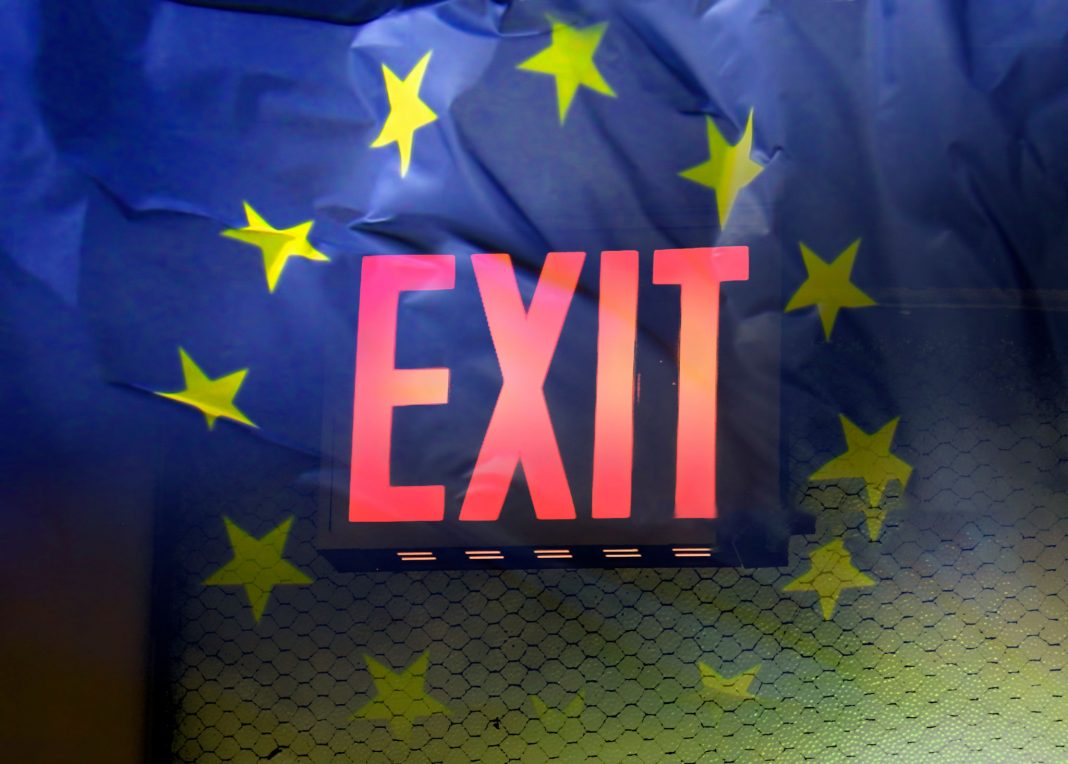What does Brexit mean?
The word “Brexit” stands for “British Exit” and means UK’s exit from the EU.
What is the EU?
The European Union is a political and economic union of 28 European countries, with many of its institutions based in Brussels, the capital of Belgium. EU member states are allowed to trade freely with each other, their rules and standards are the same in many areas, and their citizens can immigrate freely to other EU countries without a visa.
The Result of the Referendum
In a referendum held in the UK on 23 June 2016, more than 17 million people voted in favour of leaving the EU, and more than 16 million people voted to stay in. Thus, Brexiteers won. Following this result, David Cameron resigned as prime minister and was replaced by Theresa May.
Statistics
The vote count showed that the people of Scotland and Northern Ireland had voted to stay in the EU, but England and Wales had voted to leave. The vote count in Scotland showed that 62% of Scots wanted to stay in the EU and 38% wanted secession. In Wales, 48.3% wanted to stay and 51.7% wanted secession. In Northern Ireland, 55.7% voted in favour of staying and 44.3% voted in favour of secession.
London had the highest number of votes to stay in the European Union. 75% of young people aged 18 to 24 voted to stay in the EU, but 61% of people over the age of 65 voted to leave. 95.9% of the population of Gibraltar voted for the UK to remain in the EU.
When Did Brexit Take Place?
The UK had been an EU member since 1973, and economic, social and political relations between these countries have been very favourable and successful. But Brexit came into force on the 31st day of 2020 at 23:00 hours. Keep in mind, of course, that this separation required a period, and according to the agreement reached between the UK and the EU, a transition period of 11 months was set after that date. Trade contracts between the two sides had to stay strong. Finally, the UK and the EU reached a historic agreement on trade issues on Thursday, 24 December 2020, and the UK left the EU on the last day of the year.
Why Did the British People Vote to Leave the EU?
Former British Prime Minister David Cameron had promised to hold a referendum on UK’s membership in the EU if his Conservative Party won the 2015 parliamentary elections.
The British had a range of reasons to vote for Brexit. Stopping free immigration from other EU member states, regaining full authority to set rules and standards, stop paying annual membership fees and having the option of concluding free trade agreements with other countries are some of the reasons cited by Brexiteers.

